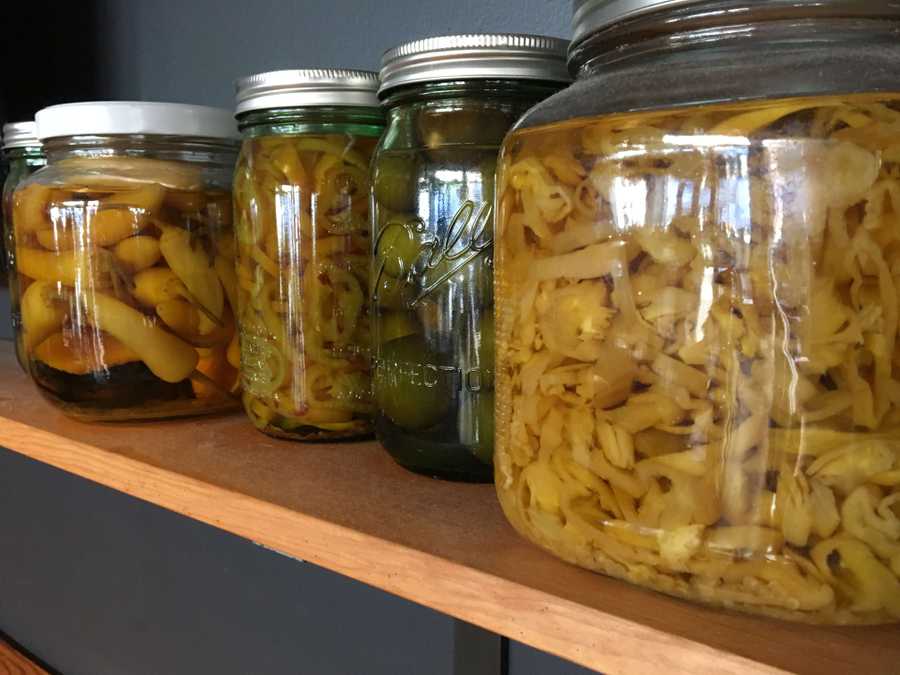5 Dairy-Free Probiotic Foods to Revamp Your Gut Health
by Amylee Amos PhD, RDN, IFMCPNutrition
Are you taking care of your gut bugs? Our health depends on keeping the colonies of bacteria in our gut thriving and happy. The gut microbiome is responsible for a host of metabolic processes. Countless studies demonstrate the undeniable link between our gut health and our overall health, including our psychological health.
One of the many things that we should do to care for our microbes is to physically consume strains of bacteria that populate the gut. This replenishes the thick layer of healthy bugs that line the intestine. Another way to say this- we need to eat probiotics. ‘Probiotics’ is just another term for these beneficial bugs.
Normally when we think about probiotics, we think of a supplement. Thousands of probiotic supplements line grocery store and pharmacy shelves. While taking a probiotic supplement can certainly help tend to your garden of microbes, we can also get probiotics from foods. This is arguably the preferred way to consume probiotics because of the synergistic effect of foods (meaning that we don’t fully understand how the components in foods work together- but what we do know is that nutrients packaged in real foods are just about always better than nutrients in their isolated forms).
Many foods are rich in probiotics, but none are as popular as fermented dairy products. Yogurt, kefir, and other fermented dairy are rich sources of probiotics. So what to do if you’re dairy free? Well, there are a lot of options for dairy avoiders, so whether you avoid dairy for health reasons or for allergies or just for preference, try our the following 5 foods that are packed with beneficial bacteria.
Tempeh
A great addition to your Meatless Monday menus, tempeh is a fermented soybean product. It’s normally sold in flat, rectangular portions and is a brownish color with visible pieces of soybean. The fermentation process packs tempeh full of probiotics. Our favorite way to use it is minced and sautéed with chili powder and served as taco ‘meat’ or ground and added to tomatoes, onions, and garlic for a heartier marinara. Tempeh is also a great source of plant based protein, in addition to the probiotic content.
Kombucha
Kombucha is a type of black tea that’s been fermented by bacteria and yeast. During the fermentation process, this beverage becomes pleasantly effervescent. In most commercially available products, other flavors are added after the fermentation process, giving a wide variety of options. The caveat here is, choose a kombucha that is low in sugar. A good kombucha that will optimize microbiome health will be no higher than 3g of sugar per serving. This ginger-lemon kombucha is one of our favorites.
Apple Cider Vinegar
Specifically raw, unpasteurized apple cider vinegar with that cloudy brown look to it, is a great source of probiotics. Real apple cider vinegar is made from apples, vinegar, and bacteria. It has a strong, pungent flavor, but is a delicious addition to homemade salad dressings for a little probiotic boost. If you're not sure whether or not your ACV still retains the probiotic content, look for a cloudy color. The cloudiness is the result of the 'mother'- the actual bacterial build up, which you then consume when using the product.
Miso
Like tempeh, miso paste is derived from fermented soybeans. Miso is a staple in Japanese cuisine, known best for its namesake dish, Miso Soup. Beware if you’re avoiding gluten that not all, but some Miso pastes are gluten free- so make sure you’re checking the label. While miso soup is a delicious and simple dish, we also like tossing miso with chopped daikon radish rounds for a probiotic, vegetable rich, crunchy snack.
Fermented Vegetables
We have saved the best for last! Fermented vegetables are the most versatile way to increase probiotic foods in the diet. Even better, most all vegetables are rich in prebiotic fibers- the food that feed the probiotics- so regularly eating fermented vegetables is the true boost to gut health that your body desperately needs. Making your own fermented veggies is so much easier than it sounds, and that is certainly our recommendation (and a recipe is coming soon!). If you really don’t have the time or energy to do that, get your fermented or pickled vegetables from your local farmer’s markets. Your local producer of fermented veggies that’s selling at a farmer’s market is far less likely to use the flash pickling techniques that can give the taste of a pickled product without any of the benefit.
The options for fermented veggies are endless, but if you're just getting started, this can be as simple as pickles! Pickled cucumber that has been properly fermented is a fabulous probiotic rich snack. Sauerkraut and kimchi- two traditional fermented cabbage dishes- are great additions to any meal, and are easy to find already made in most grocery stores. Once you become more comfortable with it, you can allow yourself to be more adventurous. Some of our favorites at the Amos Institute are pickled green beans, pickled jicama, and even pickled lettuce! Check out our simple fermented vegetable recipe.